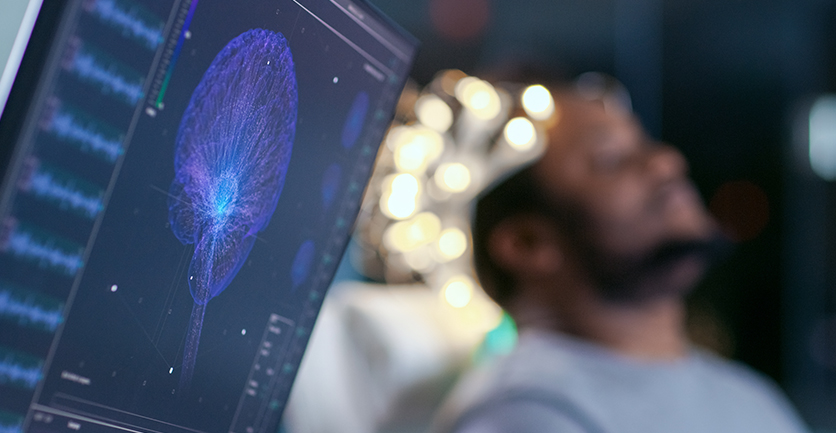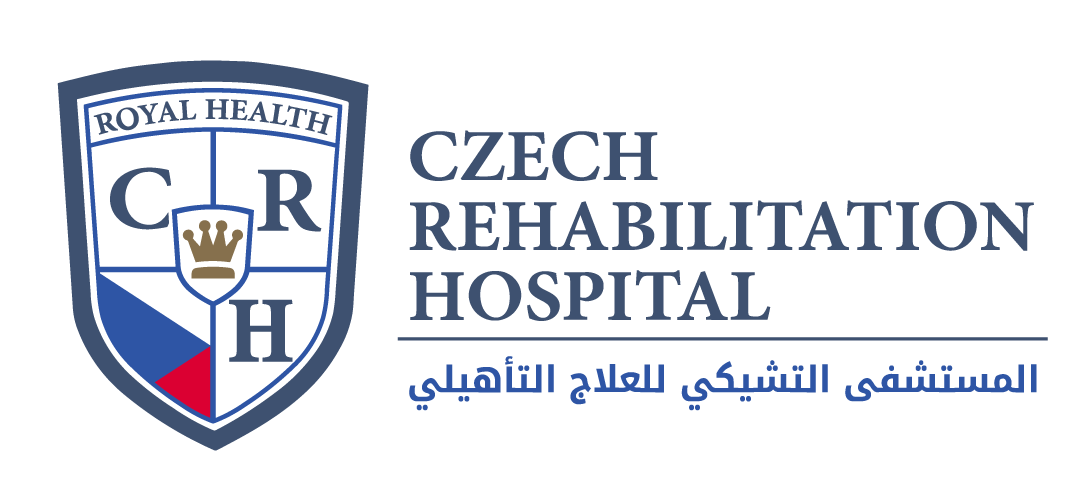The human body must have solid rest on a regular and regulated basis, or problems of all sorts will ensue. Sleep disorders can have huge ramifications on a person’s day-to-day life, and overall health. Sleep deprivation and other problematic symptoms often result. Sleep studies are designed to help diagnose these disorders
What is a Sleep Lab?
At sleep labs, patients are evaluated by a specialist, and following that, they may be asked to undergo a sleep study. During the test, technicians and technologists monitor patients’ sleep in a variety of ways, to help diagnose sleep related disorders. sleep study often takes the form of overnight stay, but can also occur during the day, to diagnose conditions such as sleep apnea or narcolepsy. People who are diagnosed with sleep disorders that require treatment devices, may need to return to have the devices calibrated here.
What happens during a sleep study?
Patient comes to spend the night at the lab, a lab technician hooks up an assortment of electrodes to the patient’s skin and scalp, along with two belts to encircle his/her chest and waist. These are to measure how much effort he exerts to breathe while sleeping, and another attachment called an oximeter measures how much oxygen is in the blood.
The electrodes record all sorts of activity throughout the evening. Different ones are dedicated to conducting different tests: The electroencephalogram (EEG) measures brainwaves, the electromyogram (EMG) measures muscle activity, the electrooculogram (EOG) measures eye movements, and the electrocardiogram (EKG) measures activity of the heart. The sleep lab technologists will also hook up a sensor to measure airflow through the nose and mouth, and set up a microphone to record snores and a video camera to get a visual record of body movement.
Patients are allowed to spend some time relaxing, perhaps reading or watching TV, and then they’re supposed to fall asleep when ready. Throughout the evening, all the results sent to the monitoring station. Once the results are in, a sleep lab specialist will interpret the results to try to determine a diagnosis and decide on an appropriate form of treatment.
Why is the test done?
Your doctor may want you to have a sleep study if you have trouble falling asleep, wake up frequently, snore, or have other symptoms of a sleep disorder. A polysomnogram might also be advisable based on a screening test for narcolepsy (excessive daytime sleepiness)
Because self-reports don’t paint a reliable picture about one’s sleep, the test is necessary to get a more complete picture about the quality of your rest and what may be going on in your body to affect it. Sleep studies are designed to diagnose sleep disorders,
Including:
- Sleep apnea (a total or partial obstruction of breathing)
- Parasomnias (sleep behaviors)
- Narcolepsy (excessive daytime sleepiness)
- Insomnia (sleeplessness)
- Restless leg syndrome
- Circadian rhythm disorders



